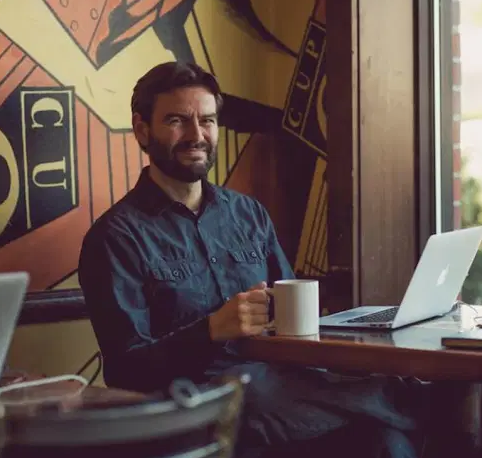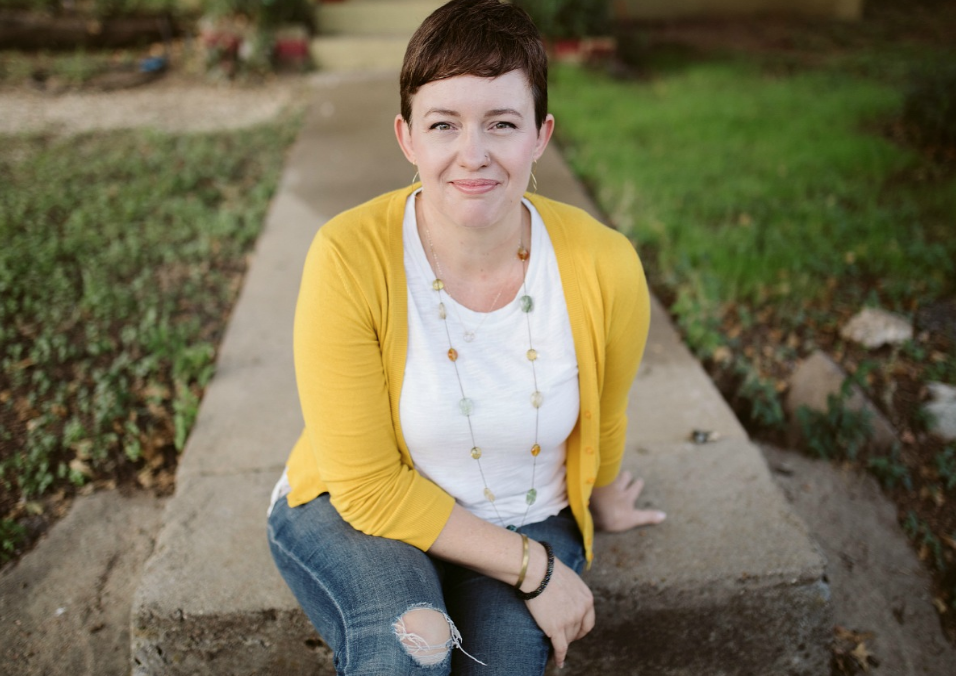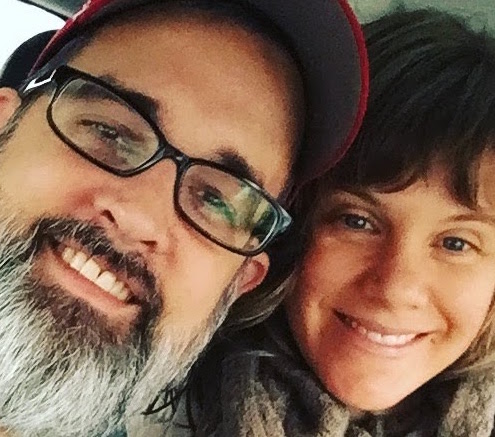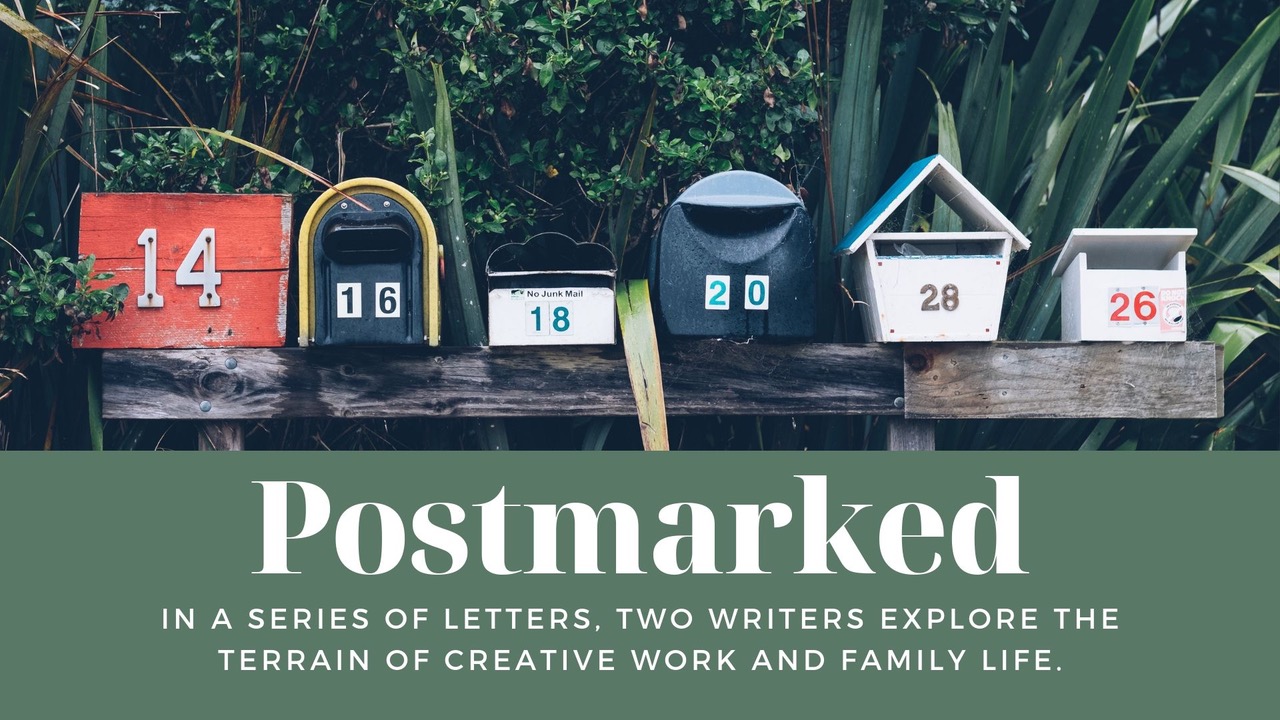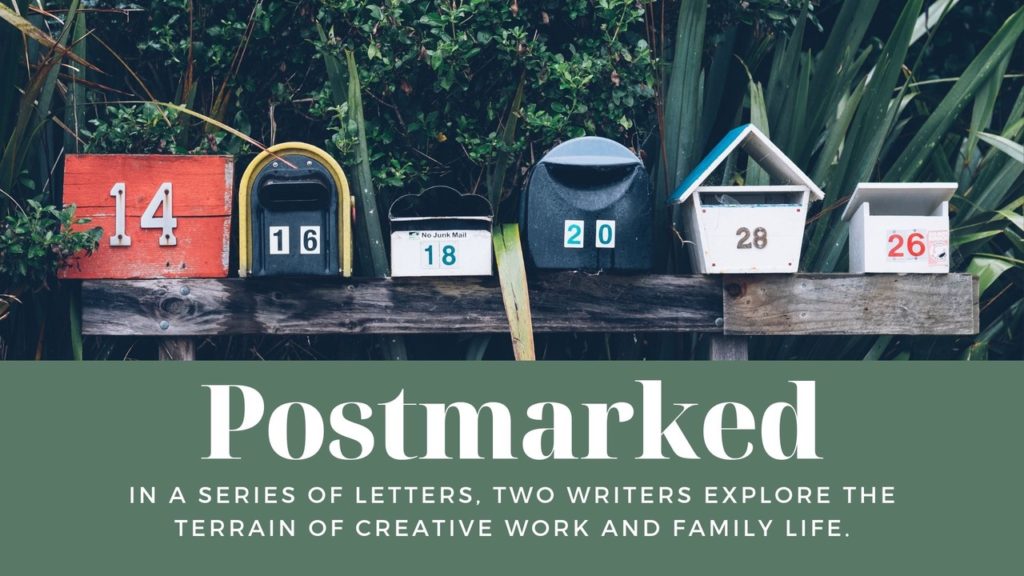I heard the protestors
five days after medics
carried Big Floyd motionless
on a stretcher. I was painting
the fence white, the boards
that separate our back patio
from our neighbor’s. I had put up
the fence because their girls
would sneak into our chairs
and smoke cigarettes
when we were
not home.
At first I wondered why the
car horns had erupted, and then
I heard the distant rumble
of voices, strange in a blue-eyed
day with no storms in the
forecast. As they came closer
up Prince Street, I realized
the words they chanted:
i can’t breathe
i can’t breathe
i can’t breathe
I gently dipped the brush
in the white paint and methodically
coated the first board.
Five days after a police officer knelt
on Big Floyd’s neck for nine
minutes, I knelt beside an old fence
for much longer than that
and slid the roller in between the slats
making sure to coat it completely
in white. Not missing
a spot. And the protestors came
around again, filling me with a strange
sense of dread and
wonder. Anything seems possible
when the people are on
the move. My children shouted,
“They’re here! They’re here again!” and
stood on the front porch, watching
and clapping and waving. My nephew said,
“This is the coolest thing
I’ve ever seen in my whole life,” as I turned
and walked wearily back
and picked up my brush.
I should be walking with them, I thought.
But if I left my post at the fence,
the brushes would dry out, the white
paint would grow stale and crack
and the rollers would be lost. I did
not feel like making another
trip to the hardware store. Besides, it was
such a nice day for painting.
I know how to work, how
to paint, have been taught by the generation
before me how to make a clean edge,
how to always apply a second
coat, how to put down a drop
cloth to make sure everything remains
nice and tidy. But I was never
taught how to make a protest
sign or how to shout
until I was hoarse or how to walk
in the hot sun, the police
following quietly
behind, their boots solid
on the double-yellow lines,
their thumbs clasped in their body
armor, Covid-19 masks covering
their faces.
The voices dim in the late afternoon
and I am in the kitchen, cleaning out
my brushes. A paint brush used
to paint white boards is a funny
thing, though—no matter how
long I clean it, I can’t seem
to get all the white out. Eventually,
I stop trying, dry them and wrap them
and put them away. I go up
to my bedroom
and look down on empty James Street
and realize that this is the problem:
While the protestors marched,
I painted the fence white.

